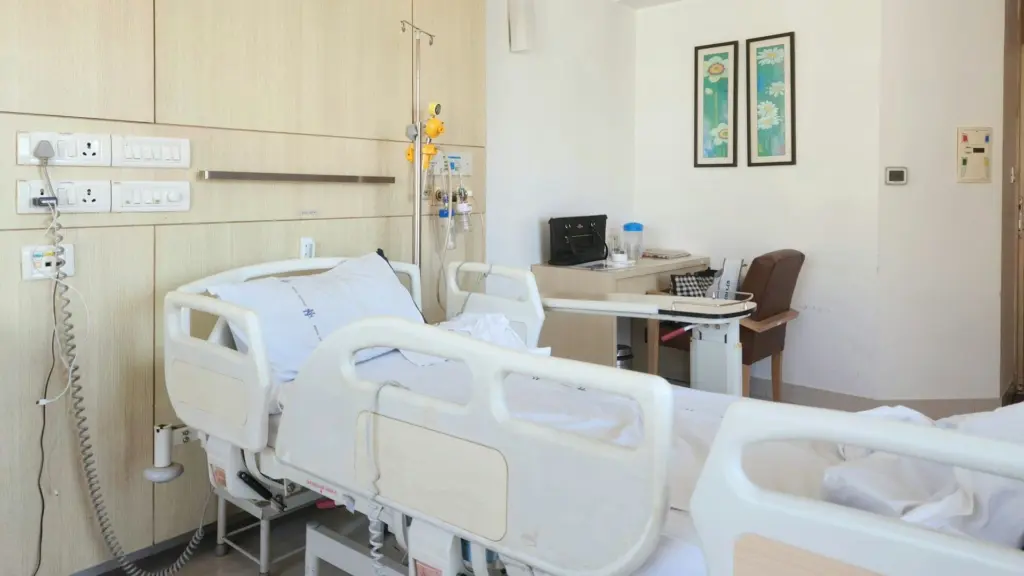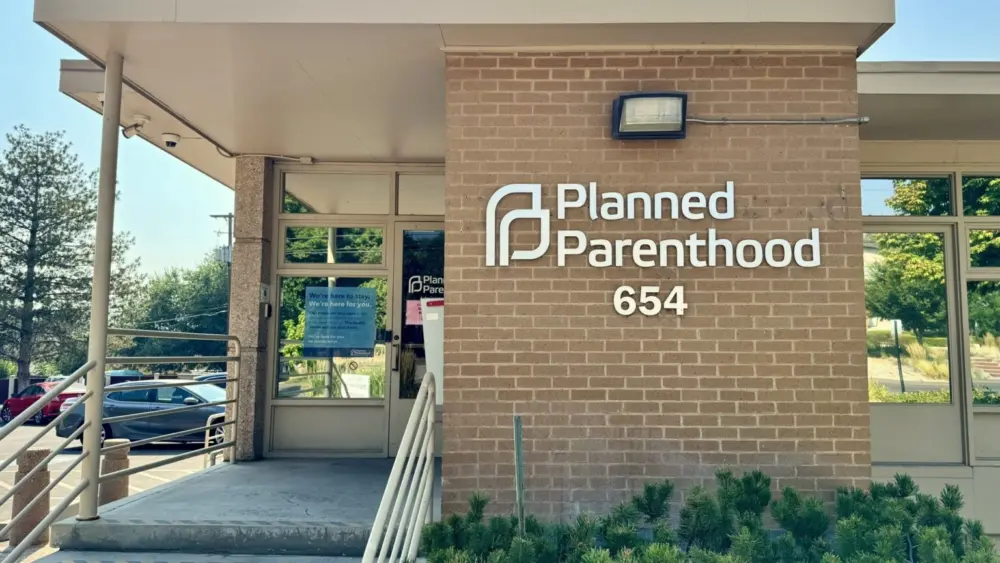OLYMPIA, WA – Washington state inspectors are way behind in their examinations of hospitals and fail to investigate when hospitals report errors they made in caring for patients.
That’s the word from a preliminary report recently published by the Joint Legislative Audit and Review Committee.
Nearly three-quarters of acute care hospital inspections were late, as of December, according to the committee. One facility hadn’t gotten a state inspection since early 2018.
What this lag means for health outcomes is unknown, the report says.
The check-ups involve registered nurses who focus on patient care and other inspectors who look at everything from staff training to cleanliness.
The audit also found delays in inspecting behavioral health hospitals, a backlog in uninvestigated complaints about hospitals and that state hospital data could be more accessible online. Many of the issues are driven by a lack of staff.
Before the pandemic, the state inspected 81% of acute care hospitals on time, but that dropped to 28% by the end of 2024, according to a committee analysis of state Department of Health data.
The health department has to inspect each acute care hospital “on average, at least every 18 months,” under state law. From May 2021 through 2024, the state was averaging 31 inspections per year, down from 41 per year before the pandemic, according to the report. Washington had 93 acute care hospitals at the beginning of this year.
In one example of the inspections, committee staff accompanied six inspectors as they made an unannounced three-day visit at a 400-bed hospital. They evaluated dialysis and colonoscopy processes, sterilization of equipment and drug administration.
The Washington State Hospital Association noted other state agencies, including the Department of Labor and Industries and the Health Care Authority, also provide hospital oversight.
“Hospitals are inspected frequently enough that they often must request state agencies coordinate so they are not on site at the same time,” spokesperson Tim Pfarr said.
Hospitals are allowed to count federally required outside inspections once every three years in lieu of a state check-in. But the state hasn’t verified that these accredited non-state inspectors follow similar standards to Washington’s requirements, the report found.
And when hospitals get these outside inspections, they must prove they passed, but the state says most hospitals don’t provide that evidence and it doesn’t keep track of which hospitals do, the audit found. Without these reports, inspectors may be unaware of more recent problems.
The Department of Health attributes the holdup to an overworked staff and increasing inspection needs as hospitals expand their services. Inspectors also examine other medical facilities separate from hospitals. The agency expects to reach the 18-month timeline for most hospitals by 2028 or 2029.
State law also requires the agency to inspect each behavioral health hospital every year, but it hasn’t met that goal since 2018. Inspectors have made progress since the pandemic. Last year, they evaluated eight of 10 such hospitals.
The audit committee suggests the Legislature fine-tune the law on hospital inspection frequency. For example, the statute doesn’t specify the maximum amount of time that can pass between inspections.
The Department of Health declined to comment on the findings as the report is not yet finalized.
The final report will likely be published in July. State lawmakers ordered the audit in 2022.
Complaints and errors
The Joint Legislative Audit and Review Committee also examined how the state handles complaints against hospitals. Grievances range from patient neglect and injuries to medication errors and other mistakes.
As these complaints have increased over the past decade, the department completed reviews of 80% of complaints within its goal of 170 days, according to the report, but also faces a backlog of more minor allegations to probe. A lack of complaints reported in languages other than English may also signal access barriers.
Washington’s 103 acute care and behavioral health hospitals pay for their own state oversight through annual licensing fees. The Department of Health hiked these fees last year to help staff up the unit investigating complaints against hospitals.
When fully staffed, the department has 10 staff each inspecting medical facilities and looking into complaints. But the inspections unit has only been fully staffed one of the past eight years.
Washington has also seen hospital reports of their own avoidable medical errors jump dramatically in recent years. These errors, known as “adverse health events,” include issues like bed sores and mistakes with medication.
The Department of Health is supposed to investigate these reports and review hospitals’ plans for preventing similar problems in the future. But the agency doesn’t do that, undercutting an opportunity to identify common problems at hospitals and take steps to prevent them, the report found.
The issue is money. The Legislature hasn’t provided dedicated funding for this work in years, despite requests from the health department.
Washington State Standard is part of States Newsroom, a nonprofit news network supported by grants and a coalition of donors as a 501c(3) public charity. Washington State Standard maintains editorial independence. Contact Editor Bill Lucia for questions: info@washingtonstatestandard.com.





